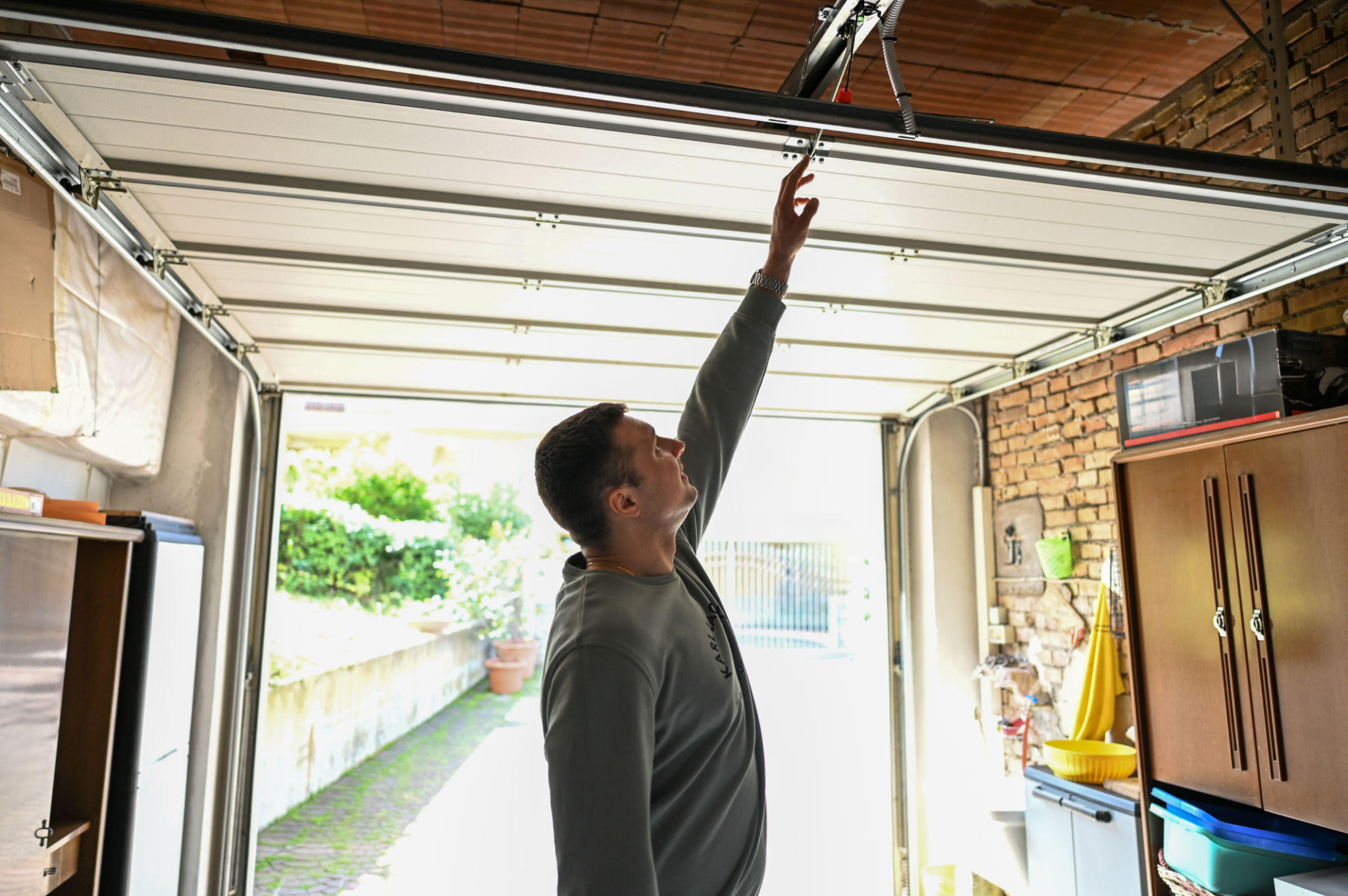Understanding Vehicle Diagnostics: What Raleigh Drivers Need to Know
Understanding Vehicle Diagnostics
In recent years, vehicle diagnostics have become a crucial aspect of automotive maintenance, particularly for drivers in Raleigh. With the rapid advancements in vehicle technology, understanding how diagnostic systems work can save you time, money, and frustration. This blog post aims to demystify vehicle diagnostics for Raleigh drivers and highlight why they are essential for maintaining your car's health.

What Are Vehicle Diagnostics?
Vehicle diagnostics refer to the process of identifying and analyzing the various systems within your car to detect any issues or potential malfunctions. Modern vehicles are equipped with onboard computers that monitor a range of components, such as the engine, transmission, exhaust system, and more. These systems use sensors and electronic modules to detect anomalies and communicate them via diagnostic trouble codes (DTCs).
By using specialized diagnostic tools, mechanics can read these codes and pinpoint the exact issue affecting your car. This not only helps in addressing current problems but also in preventing future breakdowns by catching early signs of wear or failure.
Why Vehicle Diagnostics Matter
For Raleigh drivers, regular vehicle diagnostics are vital for several reasons. Firstly, they help ensure your vehicle runs efficiently. Ignoring minor issues can lead to reduced fuel efficiency and increased emissions, which is not only costly but also harmful to the environment. Secondly, regular diagnostics can prevent costly repairs by identifying problems before they escalate.

Moreover, with Raleigh being a city that experiences varying weather conditions, from hot summers to cold winters, ensuring your vehicle's systems are functioning properly is crucial for safety. Proper diagnostics can enhance your car's performance and reliability, giving you peace of mind on the road.
How Often Should Diagnostics Be Conducted?
While many newer vehicles will alert you with dashboard warning lights when there is a problem, it is still recommended to have regular diagnostic checks as part of your routine maintenance schedule. For most vehicles, experts suggest conducting a diagnostic test at least once a year or whenever you suspect a problem.
- Annual check-up during routine maintenance service
- Before long road trips
- When the check engine light appears
Choosing the Right Diagnostic Service
When selecting a diagnostic service in Raleigh, it's important to choose a reputable and experienced auto shop. Look for services that use up-to-date diagnostic equipment and have certified technicians who can accurately interpret DTCs and other data. Additionally, some shops offer complimentary diagnostics as part of regular service packages.

Read reviews and ask for recommendations from fellow drivers to find a service provider you can trust. A reliable service will not only diagnose current issues but also provide valuable insights into maintaining your vehicle's health.
Conclusion
Understanding vehicle diagnostics is an essential part of modern car ownership. For drivers in Raleigh, staying informed about the state of your vehicle's systems ensures safety, performance, and longevity. By integrating regular diagnostics into your maintenance routine, you can enjoy a smoother driving experience and avoid unexpected repairs down the line.
Make vehicle diagnostics a priority to keep your car running efficiently and safely on the vibrant streets of Raleigh.
